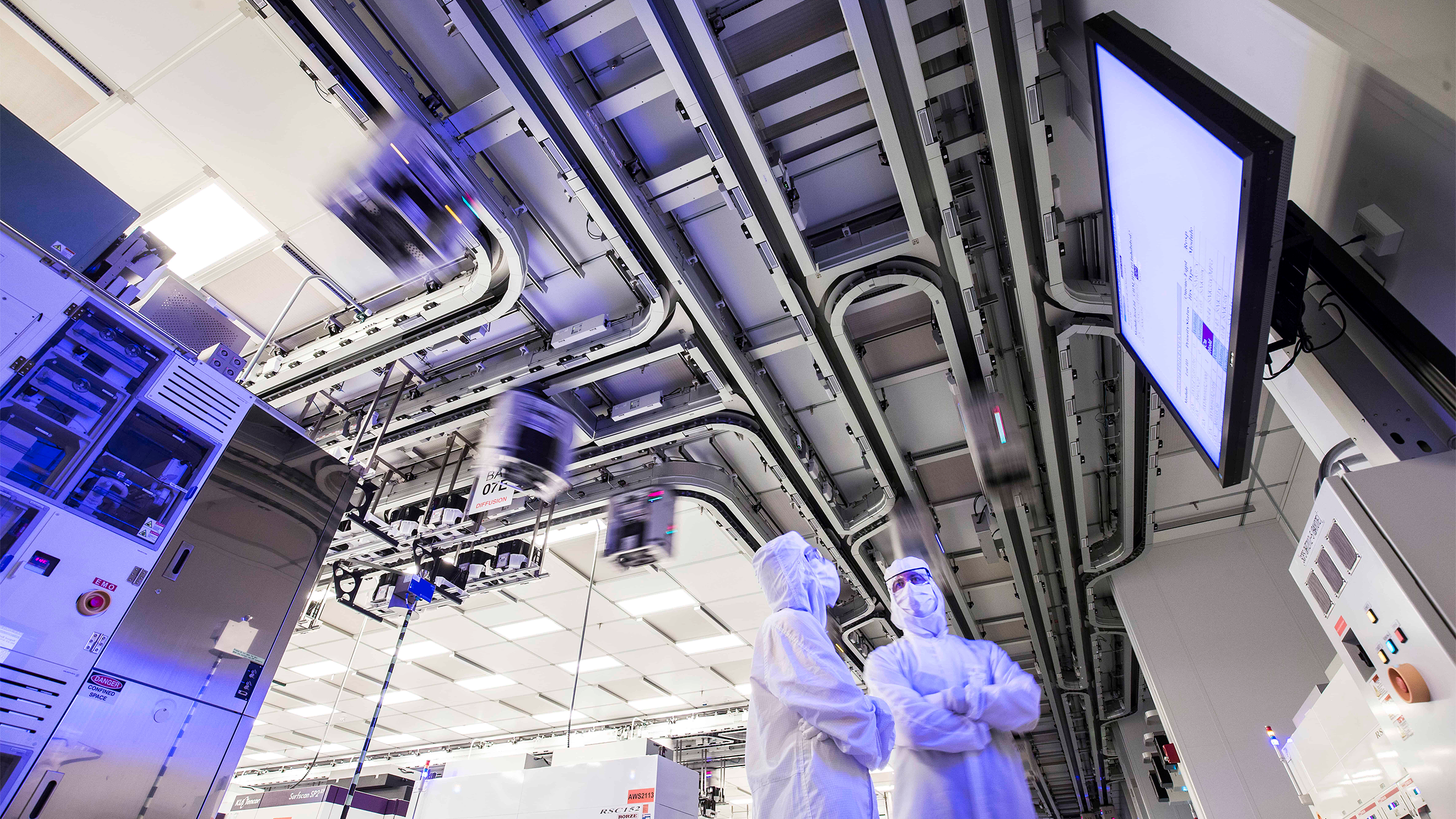
Several trade organizations including the Semiconductor Industry Association (SIA) and Semiconductor Equipment Materials International, have written a letter to outgoing U.S. President Joe Biden, raising concerns about new U.S. export controls, reports Reuters. The organizations, which represent chip developers, as well as producers of chipmaking tools, criticized the lack of industry consultation regarding regulations restricting the global use of American processors for AI.
The letter comes after the Biden administration introduced a three-tier licensing system for U.S. made AI processors (such as Nvidia's H100 or B200 GPUs), requiring most countries to obtain licenses. High-bandwidth memory (HBM), essential for AI GPUs and ASICs, is also set to face stricter export restrictions, especially for sales to China. These changes could have significant impact on U.S. companies like AMD, Broadcom, Intel, Nvidia, and Micron, as well as the global semiconductor market. Nvidia has heavily condemned the decision.
The trade organizations warned that these new restrictions could harm U.S. companies and shift market share to international competitors. The groups stressed the absence of meaningful consultation and public feedback on these economically significant policies. The trade groups urged the administration to reconsider the rules, emphasizing their long-term implications.
Sales to China represents a significant figure for AMD, Intel, and Nvidia. Under the new export rules, these companies will be unable to sell almost any of their AI processors to Tier 3 countries — such as Belarus, China, Iran, Macau, Russia, and other arms-embargoed nations — which will severely harm their sales. Yet, China already has its own AI processors, such as Huawei's Ascend 900 series that may be slower than Nvidia's H20 HGX, but could be good enough to build a high-performance cluster for AI training. Since China could potentially sell these processors to other restricted countries, this will harm Nvidia's dominance on the AI market. Also, given the restrictions, some Tier 2 countries may reinforce their efforts to produce sovereign processors for AI and HPC based on open-source technologies, such as RISC-V, which will harm dominance of all American companies, such as AMD, Intel, and Nvidia.
Additionally, the upcoming regulations might reverse a prior interpretation that benefited American producers of wafer fabrication tools, such as Applied Materials, KLA, and Lam Research. All of these companies generated billions selling their equipment to Chinese makers of 3D NAND, DRAM, and logic. The potential reversal could significantly impact its earnings.
Neither the trade groups nor Lam Research responded to inquiries for comment, according to Reuters.







